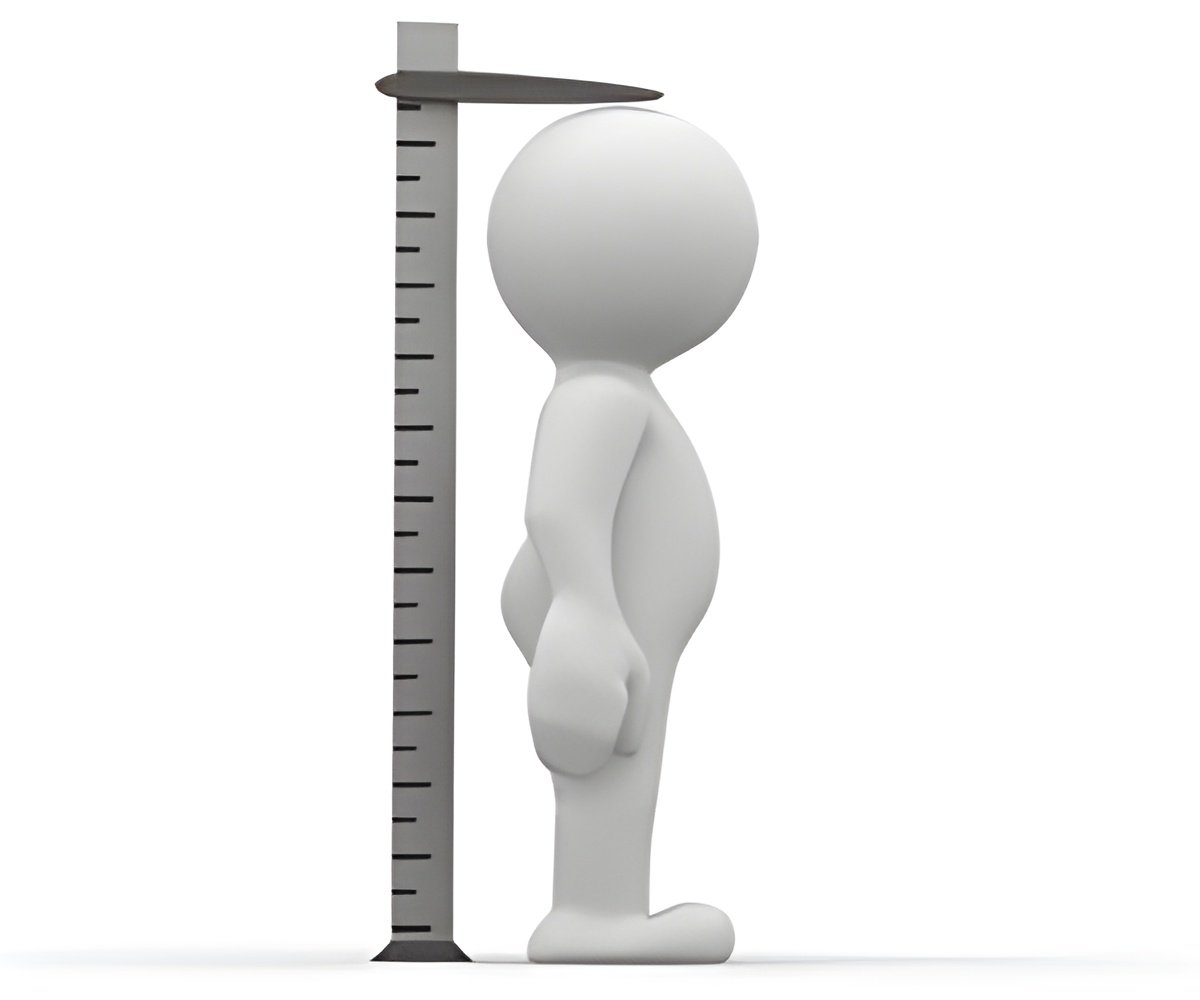
‘Estrogen is mainly responsible for the fusion of growth plates in puberty, even in males, because some testosterone, the principal male hormone, is converted to estrogen.’
Tweet it Now
During puberty, children grow rapidly and complete their linear growth at an average of around 14 1/2 years for girls and around 16 1/2 years for boys. Estrogen is mainly responsible for the fusion of growth plates in puberty (even in males, because some testosterone, the principal male hormone, is converted to estrogen). Aromatase inhibitors block the conversion of testosterone to estrogen. Dr. Maurus and her colleagues compared the efficacy and safety of GH with AIs, alone and in combination (GH/AI), in 76 adolescent boys. The boys were, on average, 14.1 years of age and had idiopathic short stature (ISS), significant short stature without identifiable hormonal or other pathology. The groups were well-matched for height, body mass index, midparental height and bone age.
The researchers obtain the boys' body measurements, left-hand X-rays for bone ages, bone densitometry, lateral spine X-rays and blood samples at baseline. They randomly assigned 25 boys to receive injections of growth hormone (GH) alone, 25 to receive an oral AI (anastrozole or letrozole), and 26 to receive both, for 24 months. Those with residual height potential who wished to prolong their treatment were able to continue through 36 months.
At 24 months, the boys on combination GH/AI gained more height and had greater change in predicted adult height than those on GH or AIs alone, and those on GH/AI also accrued more lean body mass than the other groups.
The treatments were safe, with measures of bone health and adverse events comparable in all groups, and the patients continue to be monitored until they reach near-adult height. The Thrasher Research Fund and Development funds, Novartis, Genentech, Pfizer, AstraZeneca and Mayo Clinic supported the study.
Advertisement













